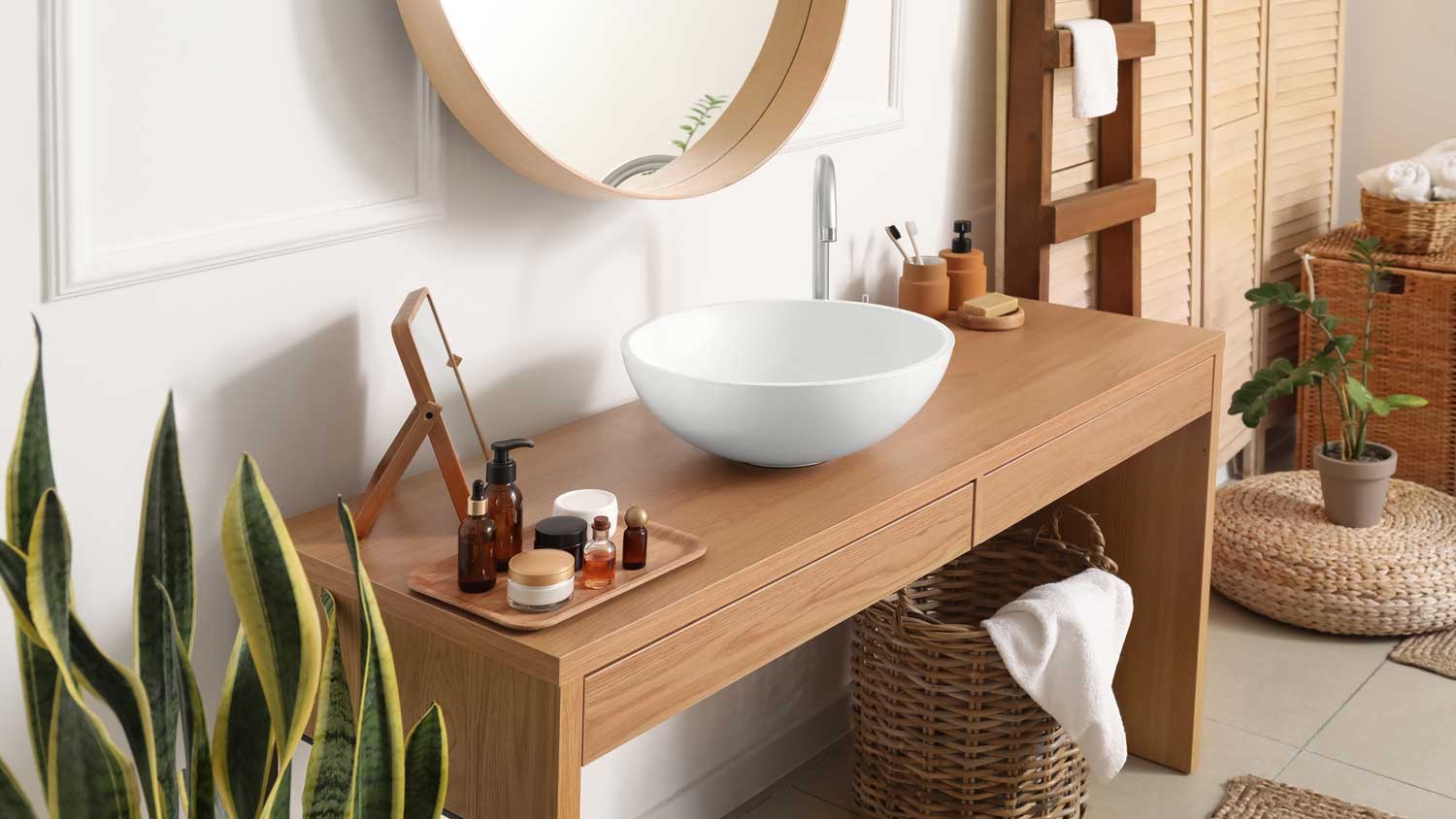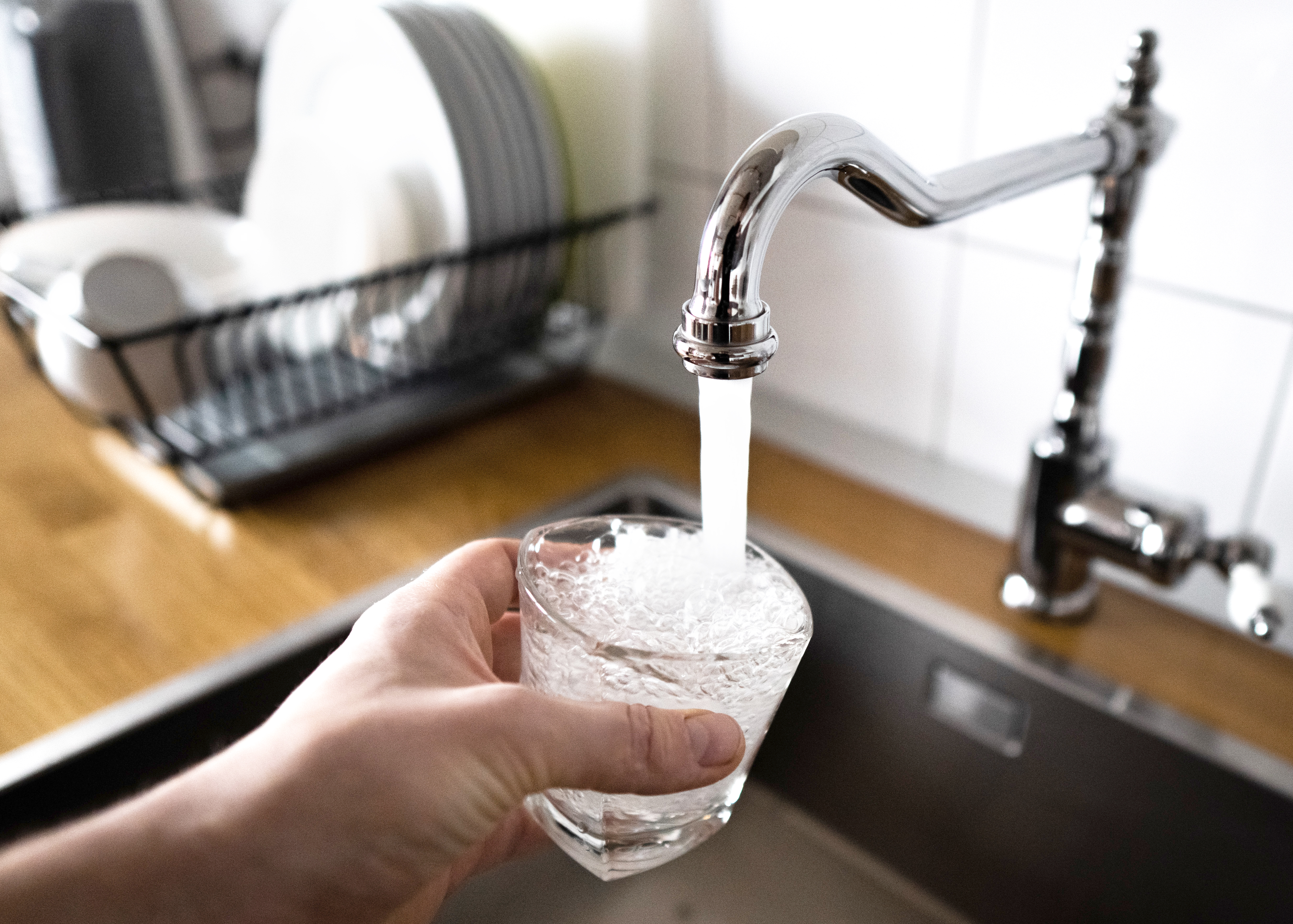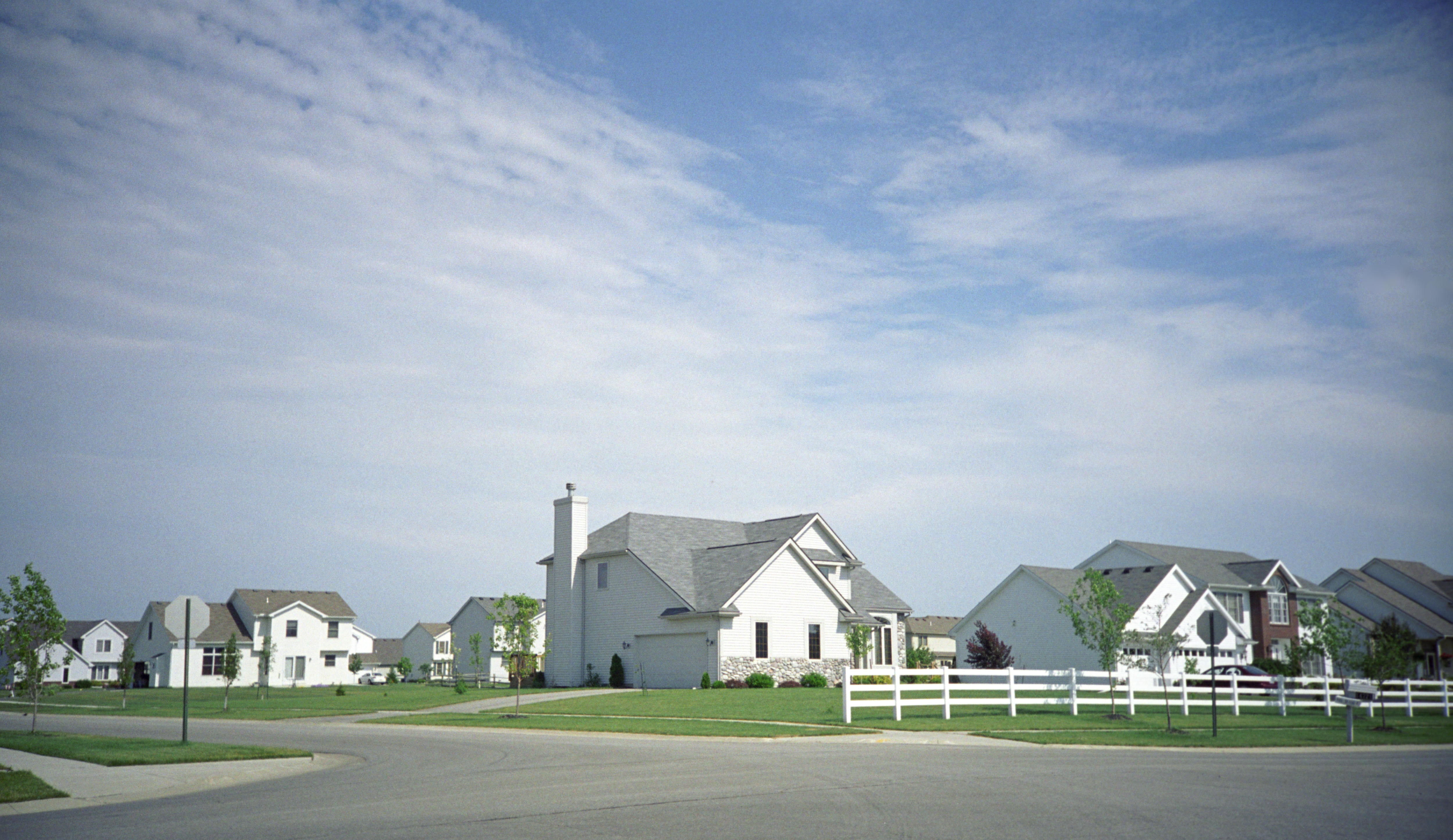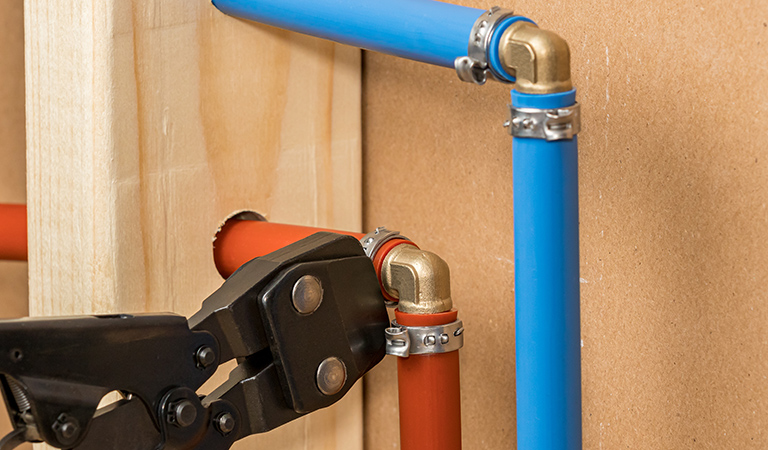
Learn how much plumbers cost in Columbus, Ohio. Discover pricing for faucet repairs, pipe work, and emergency services, plus how you can save money.
Renters insurance covers water damage in some scenarios, but not all


Many renters insurance plans offer limited coverage for water damage.
Companies sell optional add-ons to increase protection from flooding and leaks.
Generally, item damage related to leaking and burst pipes is covered.
The same is not true for damage related to flooding and malfunctioning sump pumps.
The landlord’s homeowners insurance policy covers damage to the home itself.
Water damage: Just the words alone are enough to send most people running for the (dry) hills. Flooding, leaks, and other types of moisture damage lead to all kinds of issues, from excessive mold to ruined furniture and beyond. But does renters insurance cover water damage?
When compiling a flood remediation checklist as a renter, insurance coverage is the last thing you want to worry about. Read on to learn more about your options for water damage coverage as a renter.
So, does renters insurance cover water damage? Like most things in life, it’s complicated. Renters insurance covers some incidents of water damage, but it depends on the specifics of your plan, any optional add-ons you purchase, and the type and source of the damage.
Renters insurance offers coverage for many scenarios, including home burglary, fire damage, and other sorts of other damage. Most renters insurance plans offer some form of protection against water damage, but it depends on the specifics of the plan and the source of the water damage. Renters insurance is typically for your belongings, not the bones of the property. Even without updating your plan or buying add-ons, you will likely experience some help from your renters insurance policy in the event of water damage.

Determining coverage specifics is frustrating for many renters, as the language regarding water damage is, to be generous, vague. Many plans cover leaks but not floods, for instance, leading to sleepless nights for people living in flood-prone parts of the country. Your best bet is to go over your plan with a fine-tooth comb.
There are some types of water damage that renters insurance plans typically cover. It is a fairly safe bet your stuff is covered with these damage sources and scenarios.
Most renters' plans cover standard water leaks due to cracked pipes and other in-house issues. What does this mean for you? If a pipe leaks on your belongings, your plan should pay for repairs or replacement (after you pay the deductible). A common scenario is a bathroom pipe that leaks, ruining everything nestled under the sink, such as grooming tools and expensive cosmetics.
Just like a cracked pipe, a burst pipe is a danger to your prized possessions. Luckily, renters insurance plans cover damage to items in the case of burst pipes. This coverage is especially helpful if the pipe bursts when you aren't home, giving the water plenty of time to reach your laptops, jewelry, appliances, and more. Once the deductible is met, the benefits should kick in.
This coverage type is where a renters insurance plan comes in handy. Let’s say a pipe bursts in your kitchen, causing flooding to your downstairs neighbor’s apartment and ruining several of their appliances and gadgets. As long as the damage type is covered, the coverage extends to other people’s property. So rest easy, as you likely will not have to pay for a replacement laptop for your neighbor. As always, check your policy for specifics.

Not everything is rosy when it comes to renters insurance. Some damage types are not automatically covered, though policy add-ons are an option, depending on the products offered by your provider.
As a general rule, renters insurance plans do not cover item damage caused by sewer system issues, such as sump pump malfunctions, septic overflow, and related problems. If the source of your water damage stems from a sewage issue, you will have to repair or replace any damaged possessions on your own. However, not all is lost, as most companies offer sewer back-up, septic back-up, and sump overflow coverage as add-ons to pre-existing policies.
Even with these add-ons, providers take negligence into account, so ensure your landlord stays up to date on routine sewage system maintenance and inspections.
Most renters insurance plans cover flooding if it is caused by leaking pipes, cracked pipes, or burst pipes. However, these same providers do not cover flooding if it is caused by an actual flood. If you live in a floodplain or a flood-prone area, you will need to purchase a dedicated flood insurance policy to cover your belongings. Some companies offer flood protection as an add-on, but it often requires a separate plan specifically for flooding.
Renters insurance is not for property damage, as that is the purview of your landlord’s homeowners insurance plan. If your walls have mold or moisture-related stains, it’s the landlord’s responsibility to contact their provider to inquire about coverage.
Additionally, they should be the person who reaches out to a local water damage restoration professional to keep things square with the provider. However, homeowners insurance plans also differ as to what is covered and what is excluded. Talk to your landlord to nail down specifics.
There are some common-sense tips worth considering when shopping around for renters insurance policies to ensure adequate water damage coverage.
Compare and contrast plans: Renters insurance is an increasingly competitive field, meaning there are plenty of companies trying to lure in customers. Use this to your advantage and compare and contrast plans to find one that prioritizes water damage.
Look for add-ons: Even if your plan lacks sufficient coverage for moisture damage, you’re not out of luck. Many companies offer optional add-ons for increased coverage, including water damage and flood damage. This add-on will increase your policy price, but it is better than replacing everything you own.
Purchase individual plans for important items: Remember, renters insurance is about covering your stuff, and not the structure of the home. To give your favorite items the best chance of full coverage in the event of a water-related disaster, consider purchasing dedicated repair/replacement plans for the most expensive things in your home, including smartphones, musical instruments, jewelry, and large appliances.
Preparation is key: No matter what you decide, update your renters insurance plan or purchase a new plan before any inciting incident.
From average costs to expert advice, get all the answers you need to get your job done.

Learn how much plumbers cost in Columbus, Ohio. Discover pricing for faucet repairs, pipe work, and emergency services, plus how you can save money.

Learn about main water line repair costs in Columbus and what affects pricing to be prepared before you start getting estimates.

Discover the leading factors affecting your main water line replacement cost in Columbus, including length, material selection, and installation details.

You never know when learning how to unclog a toilet will come in handy. Get to know these eight methods for the next time things stop flowing.

Discover the average plumbing stack replacement cost, key price factors, and expert tips to help you budget for your home’s plumbing upgrade.

Discover grey water system cost details to learn about installation, maintenance, and ways to save on your home’s grey water system.